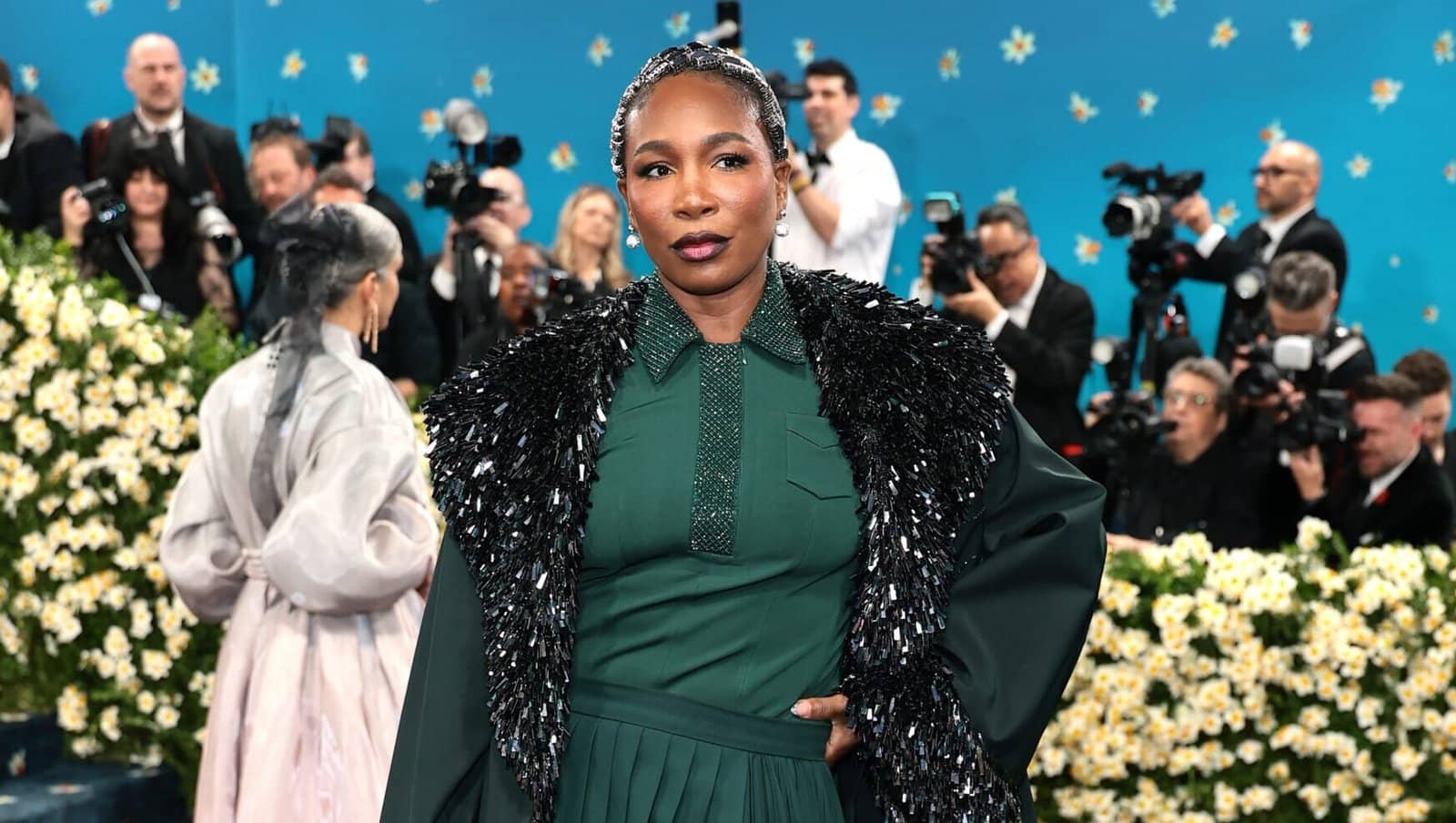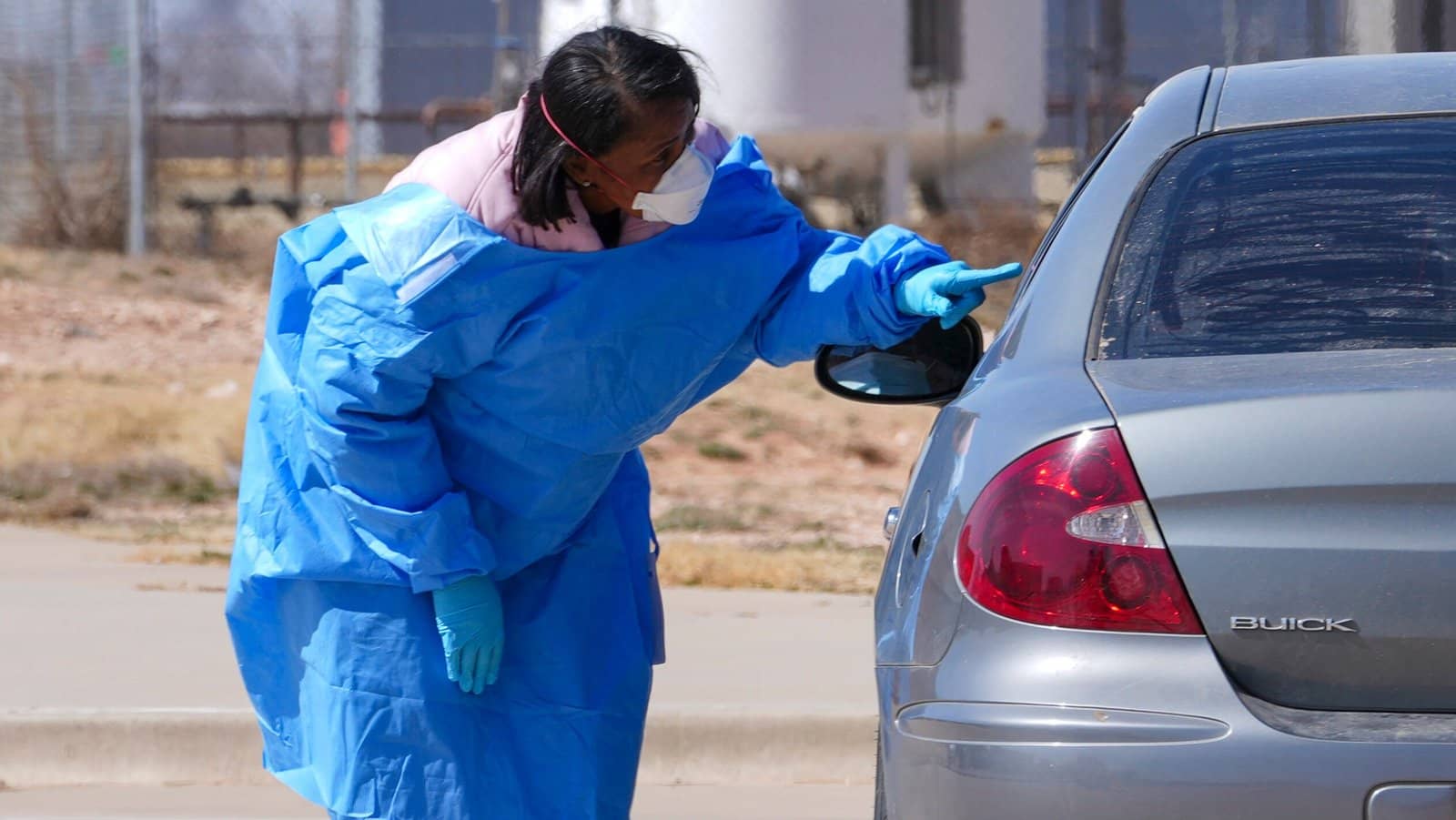Editor’s note: The author has his own opinions expressed in the next article because it is an op-ed. Read more about theGrio’s ideas. According to a new JAMA study, maternal mental health in the U.S. is in decline, dropping from 38.4 % to 25.8 % over the past eight years. Alarmingly, almost a third of all deaths are caused by mental health conditions, making up roughly a quarter of all deaths. Black women are also at the center of this crisis because of ongoing discrimination and health disparities as well as a lack of community-based treatment designed to help them. The third trimester, one of the most resilient and underappreciated stages of motherhood, is a mental health risk that all mothers experience. Read more: The most distancing and dangerous chapter in this “fourth” week for many Black women. Solving the Black Maternal Health crisis isn’t really their responsibility. Lack of ongoing maintenance. Being ignored when requesting assistance. No method of group help. These are not motherhood’s negative consequences. They point to a program that constantly ignores this post period, where also many Black mothers are left to explore the most difficult chapter of their journey by themselves. It is evident in the study. Up to 44 % of Black parents are thought to be affected by postpartum depression. And they’re less likely to get a proper diagnosis, despite the higher prices than their white counterparts. In addition, suicide and abuse are the main causes of death for women in their first month of pregnancy. Suicide-related thoughts are twice as prevalent in dark mothers. We witness it personally. Our mothers, sisters, and friends have all shared stories about the difficulties of the post interval and the rocky personal cliff it can impose. It’s something many of us know significantly and individually, not just something we’ve heard about. Mariah’s second pregnancy was marked by a frightful hypertension diagnosis, followed by a period of intense depression and psychological isolation. Therapy assisted in her recovery, but society was also a factor in her recovery. She was helped by her friends, family, and exposure to culturally competent care throughout the trip. With each kid, her self-assurance increased, and mother became a tool for finding purpose and passion. The battle for parental health is seriously specific to Abigail. She recalls a cousin who was female and delighted to offer beginning in Cameroon, West Africa, when she was a child. The mother and baby not arrived at the hospital, though. Abigail never let go of this drama. Decades later, as she prepared to give birth to a child herself in the United States, that remembrance flashed up in her memory and sparked fear. Although her supply was safe, she possessed a phobia that far too many Dark parents do not fully understand. Read more: An immediate report on Black maternal mental health is the start of Mental Health Awareness Month. The Black Mamas Matter Alliance ( BMMA ), Charles Antetokounmpo Family Foundation ( CAFF), GE HealthCare Foundation, and African American Breastfeeding Network all share these values. We’re working across the board regarding maternal health maintenance. We’re all devoted to providing support for mothers at every stage of the process. We’re funding options and providing essential resources, supporting mothers in the communities in which we reside and work, and providing crucial providers like doulas and midwives. However, we don’t accomplish this task by ourselves. We are reminded of this as the maternal health problems progresses, and the best benefits come from listening. The most effective remedies come from those most impacted. Additionally, we’re asking people to visit us in this endeavor. That includes expanding accessibility to doulas and post treatment, normalizing therapy and rest, supporting one another, and creating systems that are designed to address Black women’s needs, not just at birth. When we focus on community, we create conditions for Black women to recover, develop, and prosper in addition to surviving.
The Black Mamas Matter Alliance, a leader in federal campaigning for Black maternal health, co-founded and is now led by Angela Aina. She is a hero for health equity and Dark female authority with over 16 years of experience in public health and a history at the CDC.
Mariah Antetokounmpo, the wife of Giannis Antetokounmpo, the mother of four, and charity, is committed to making it safe and supportive for women, children, and people. She has assisted in organizing neighborhood initiatives like baby drives and household resource events through her work at the Charles Antetokounmpo Family Foundation, whose goal is to meet parents where they are and promote their visibility, support, and celebration.
Dalvery Blackwell, a breastfeeding consultant and co-founder of the African American Breastfeeding Network, a provider of parental attention that is historically sensitive, is a co-founder of the organization. She helped to establish the WeRISE Doula Program and is a voice for Black parental wellbeing in Milwaukee.
Abigail Epane-Osuala, leader of the GE HealthCare Foundation, has worked in the HR field for more than 25 years. She provides recommendations for C-suite executives regarding international enterprises ‘ people, tradition, and change.
The strength of community: The necessity for ‘Fourth Trimester’ assistance for Black women.



